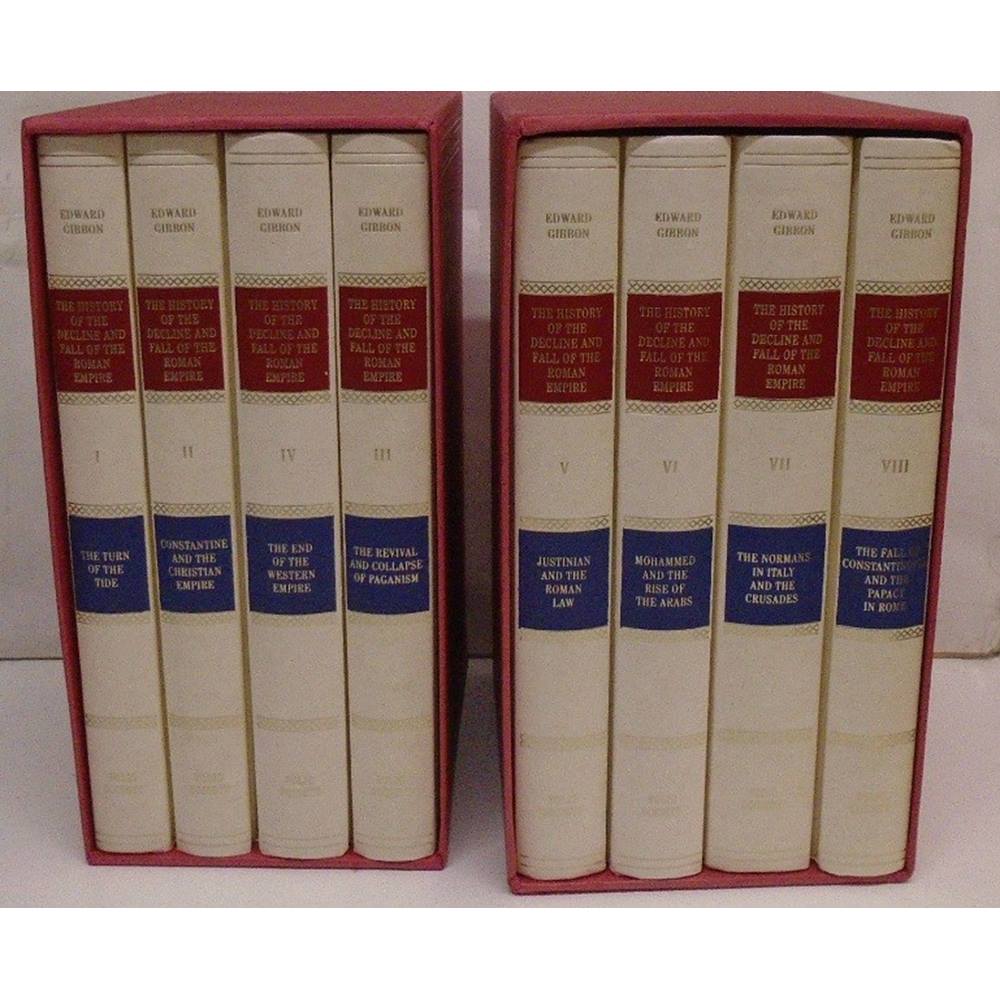
Gibbon shares delightful and witty reflections in the main narrative and also in the footnotes. Here are some of the notes I’ve taken so far. Edward Gibbon spent 20 years of his life on this magnum opus.

to 1590 A.D.: from Trajan and the Antonines to a century after the fall of Constantinople.

The Decline and Fall covers the period from year 98 A.D. There was no pain, no struggle deciphering old English, the book effortlessly carried me downstream. When I finally read the first words, it was as if I had jumped into the Amazon river: extensive, mighty, relentlessly flowing east. Also, Decline and Fall was written in the late 1700s (old, therefore obsolete? old, therefore boring prose?)… and what’s cool about ancient history anyway? The Decline and Fall is a 3,000-page venture and, myself being a completionist when it comes to books, meant that reading page 1 would have suspended all other books until the day I read the last word of page 3000. Why did I wait for almost 16 years? Well, the seemingly innocuous remark “Volumes 1–3 of 6” acted as a powerful repellent. I purchased the books 15 years later in 2016 and, finally, this February, I began. I opened my account in 2001, the very first item was added to my wishlist on April 15, 2002: The Decline and Fall of the Roman Empire: Volumes 1–3 of 6 (Everyman’s Library). Shipping may be from our UK warehouse or from our Australian or US warehouses, depending on stock availability.Here I am. Easily the most celebrated historical work in English, Gibbon's account of the Roman empire was in its time a landmark in classical and historical scholarship and remains a remarkable fresh and powerful contribution to the interpretation of Roman history more than two hundred years after its first appearance.


Furthermore, both argument and style embody the Enlightenment values of rationality, lucidity and order to which Gibbon so passionately subscribed and to which his HISTORY is such a magnificent monument. Its fame, however, rests more on the exceptional clarity, scope and force of its argument, and the brilliance of its style, which is still a delight to read.


 0 kommentar(er)
0 kommentar(er)
